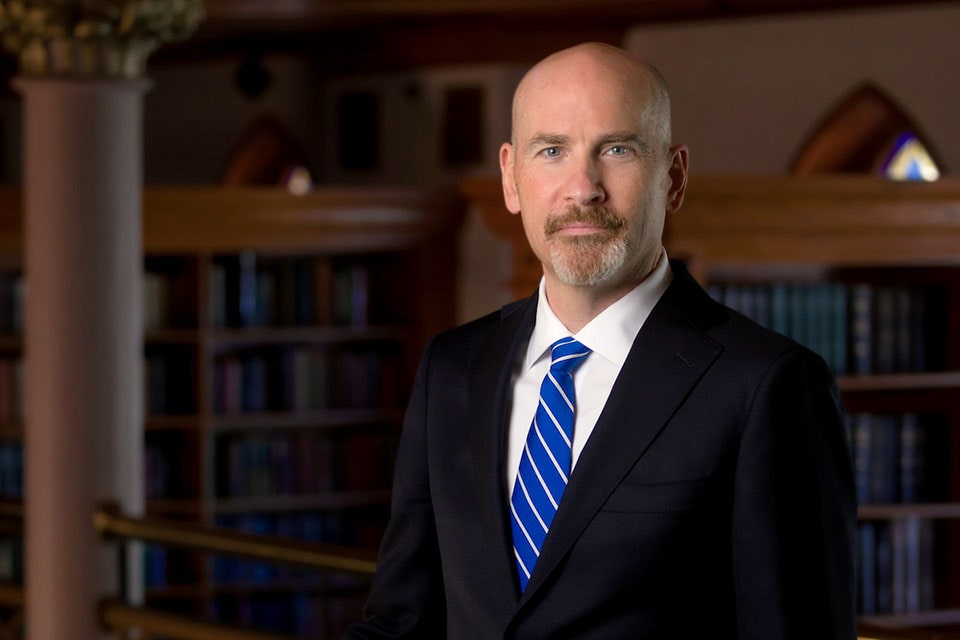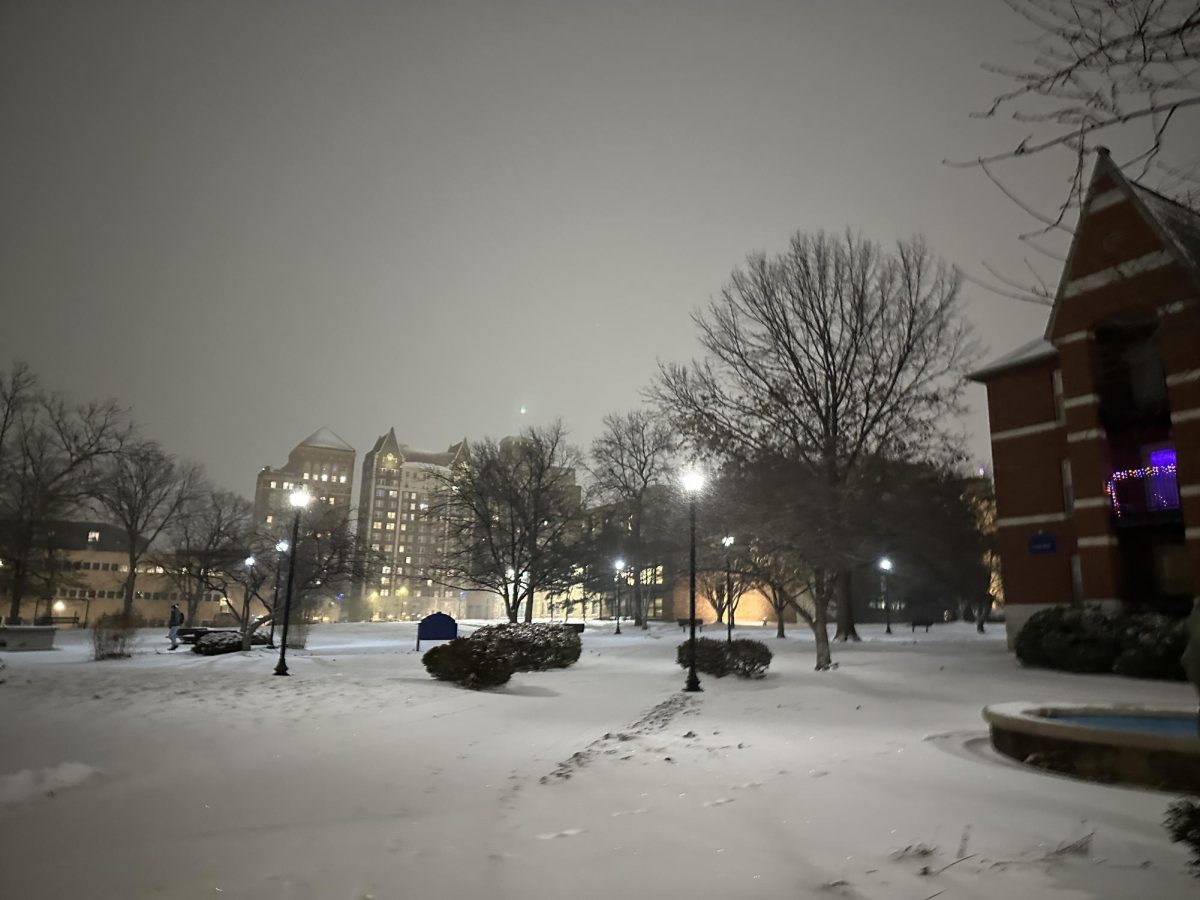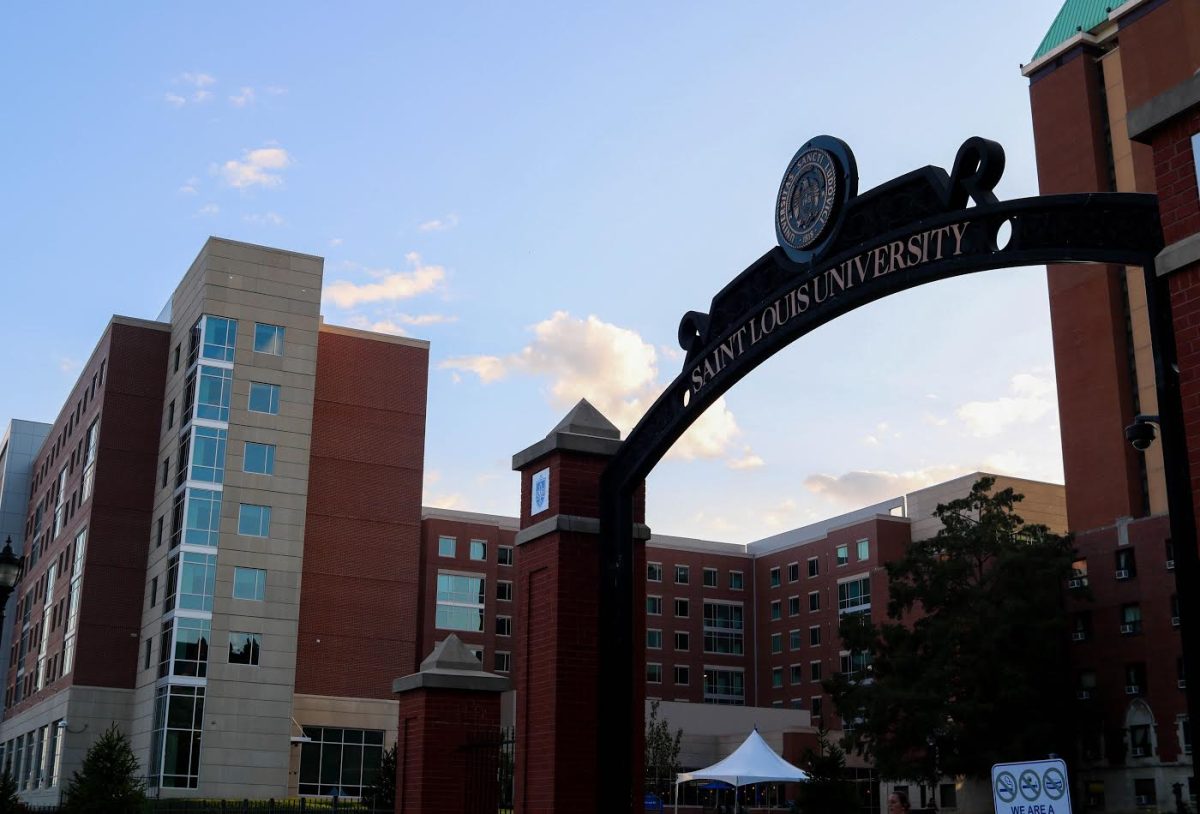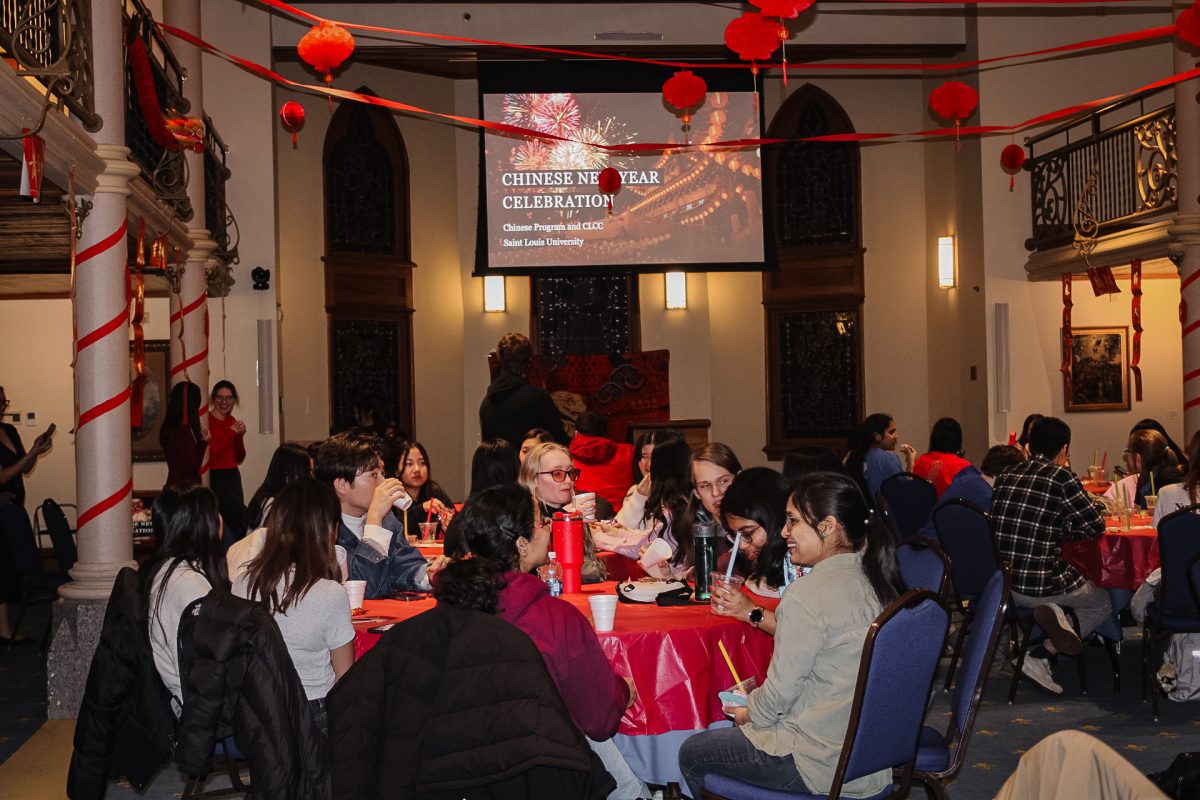A diverse career in medicine and teaching–treating the wheezes and wonderings of patients and students–has brought Raymond G. Slavin, M.D. years of satisfaction, and recently, a prestigious award.
The Academy of Science of St. Louis will present Slavin, of the Saint Louis University School of Medicine, with the Fellows Award as part of the 2003 Outstanding St. Louis Scientists Awards Dinner at the Sheraton City Center on Wednesday, April 2.
Slavin, who serves as the director of SLU’s allergy and immunology division, was previously president of the American Academy of Allergy, Asthma and Immunology as well as the Asthma and Allergy Foundation of America chairman. The award recognizes members of the scientific community who have made considerable advances in communication between members of the research world and the outside public. Over 800 members and 90 fellows make up the academy of international scholars.
In past years, several members of the SLU community have won this prestigious award, including Robert B. Belshe, M.D., Maurice Green, Ph.D., William S. Sly, M.D. and William S.M. Wold, Ph.D., in the areas of new vaccines, properties of DNA viruses, medical genetics and viral proteins, respectively.
This award is unique because it recognizes St. Louis scientists whose work has had an international impact.
“I was obviously very pleased and honored,” Slavin said regarding his initial reaction, adding that earning a place among other previous winners is humbling. “This organization represents a wide spectrum of distinguished scientists, and I am honored to be recognized by them.
“Communication, especially with the general public, is a big part of a research doctors’ job. Being honored for that is truly amazing,” Slavin said.
He also said that this communication has “always been important,” and is particularly essential today, discussing the “increased responsibility to try and pass on well thought-out, controlled studies” amid the myriad misinformation on the World Wide Web and other sources.
Slavin began his career at SLU in 1952, when he enrolled at the School of Medicine.
After graduating in 1956, he worked with the U.S. Army in Arizona. In 1959 he did his residency in internal medicine; later, in 1965 he started the division of allergy and immunology at SLU.
He currently teaches at all levels at the University, including the undergraduate and medical. Among his research endeavors is a concentration in allergic bronchiopulmonary aspergillosis, a debilitating illness that is seen in some cystic fibrosis patients.
“I have the best of all possible worlds,” said Slavin in reference to the multi-faceted nature of his job.
By engaging in research, teaching and treating patients (clinical care), he participates in a variety of tasks.
Although he enumerates the positive qualities of all aspects of medicine, he notes that he finds a particular reward and impact in teaching.
The “ripple effect,” or the idea that one action promotes similar actions–in this instance the advancement of scientific knowledge–pleases Slavin.
He added, however, that there is “tremendous reward in treating a severe asthmatic,” and noted the advantages of medicine.
While the award focuses on Slavin’s current accomplishments, he explains that further progress might be achieved highlighting lay organizations, as he founded the St. Louis chapter of the Asthma and Allergy Foundation of America.
He added, “We should always accept invitations from the media to communicate.”








